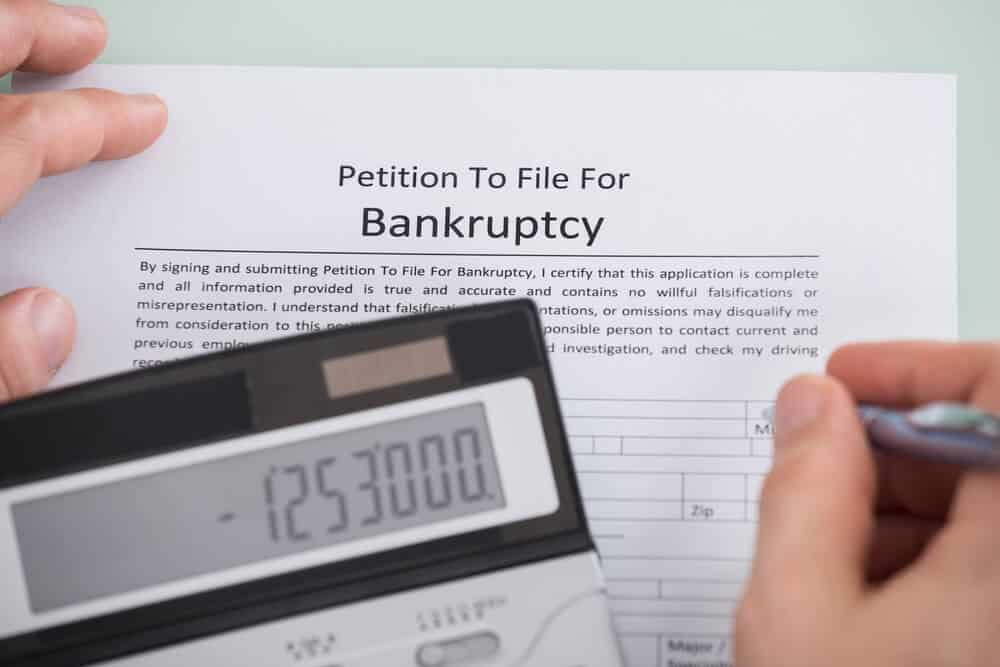Do you struggle financially and wonder if bankruptcy could offer a way out of the financial strain?
You are on the right path. Bankruptcy could help you finally get out from under the burden of debt. But, before filing bankruptcy you should know a few things you should do and should avoid doing to successfully file bankruptcy.
Do Hire an Experienced Bankruptcy Attorney
If you are contemplating filing bankruptcy, seeking the help of an experienced bankruptcy attorney could be the most important thing you do. Bankruptcy laws are complex. Different laws can apply to different financial situations. Because of this complexity, you could make mistakes that may harm your financial future if you try filing bankruptcy on your own.
But, an experienced bankruptcy attorney would know which laws apply to your financial situation and be better equipped to help you get a financial fresh start.
Do Be Honest On Your Bankruptcy Petition
When filling out your bankruptcy petition, honesty is the best policy. You need to list all your assets and all your creditors. Although you may fear listing some items will have negative financial consequences, chances are it will not happen. But, you can get into serious trouble for lying on your petition. Your bankruptcy petition is a legally binding document with the Federal Bankruptcy Court. Knowingly making false statements on it could cause a criminal prosecution.
If you have any doubts about what you should list on your bankruptcy petition, speak with your bankruptcy attorney. They can help you understand what the consequences are.
Do File Your Taxes
Before filing bankruptcy, you need to file current and any delinquent Federal and State income tax returns. When filing bankruptcy, the bankruptcy court uses your income tax returns to verify your financial status. The bankruptcy court will ask for copies of your tax returns from the last 2 tax years. Not providing copies of these tax returns could stop your bankruptcy proceedings.
Don’t Trade or Sell Your Property
When filing bankruptcy, the bankruptcy court requires you to declare any property or assets you may have sold or transferred within the year before filing. If you declare such transactions, the court will require an accounting of
- why you sold or transferred the property,
- who you sold or transferred the property to,
- what you did with any money earned from selling the property.
The bankruptcy court wants to know this information to ensure that you did not hide any assets you could have used to pay creditors. Selling or trading your property or assets, for this reason, could be considered a fraud by the bankruptcy court. You could face criminal charges.
Don’t Repay Debt to Family or Friends
Although you may wish to repay any money to family and friends before you file bankruptcy, doing so could cause you and them hardship. The bankruptcy court requires you to tell if you have repaid any money to family or friends within the year before filing bankruptcy.
The court considers such an action as a “preferential transfer” and as an unfair action against your other creditors. Thus, the bankruptcy court could take legal action to recover the money from your relative or friend. The court would then divide the money among all your creditors.
Don’t Get New Debt
You should be careful not to take out any loans or make any large credit purchases within 90 days of filing bankruptcy. The bankruptcy court could view such transactions as fraud. They could dismiss your bankruptcy case in its entirety or at the least not allow you to discharge those debts through bankruptcy.
Getting Help with Your Bankruptcy Petition
As noted above, understanding the ins and outs of bankruptcy law is complicated. Knowing what to do and what not to do may seem daunting, but an experienced bankruptcy to can help you.
Brock & Stout’s bankruptcy attorneys have over 25 years of experience helping clients get a financial fresh start through bankruptcy. Contact us today for a free evaluation of your financial situation and let us see if we can help you onto a path to financial freedom.

